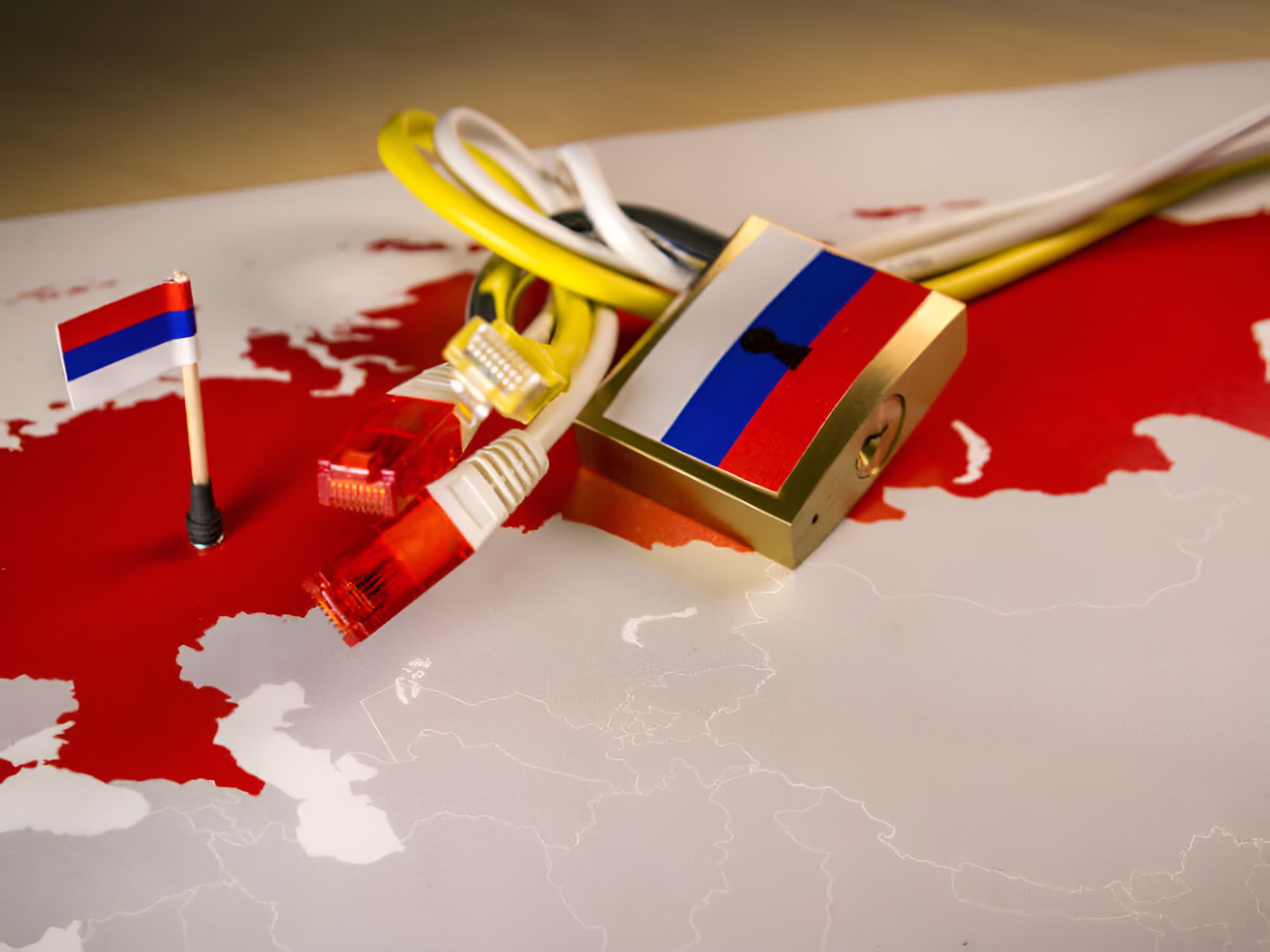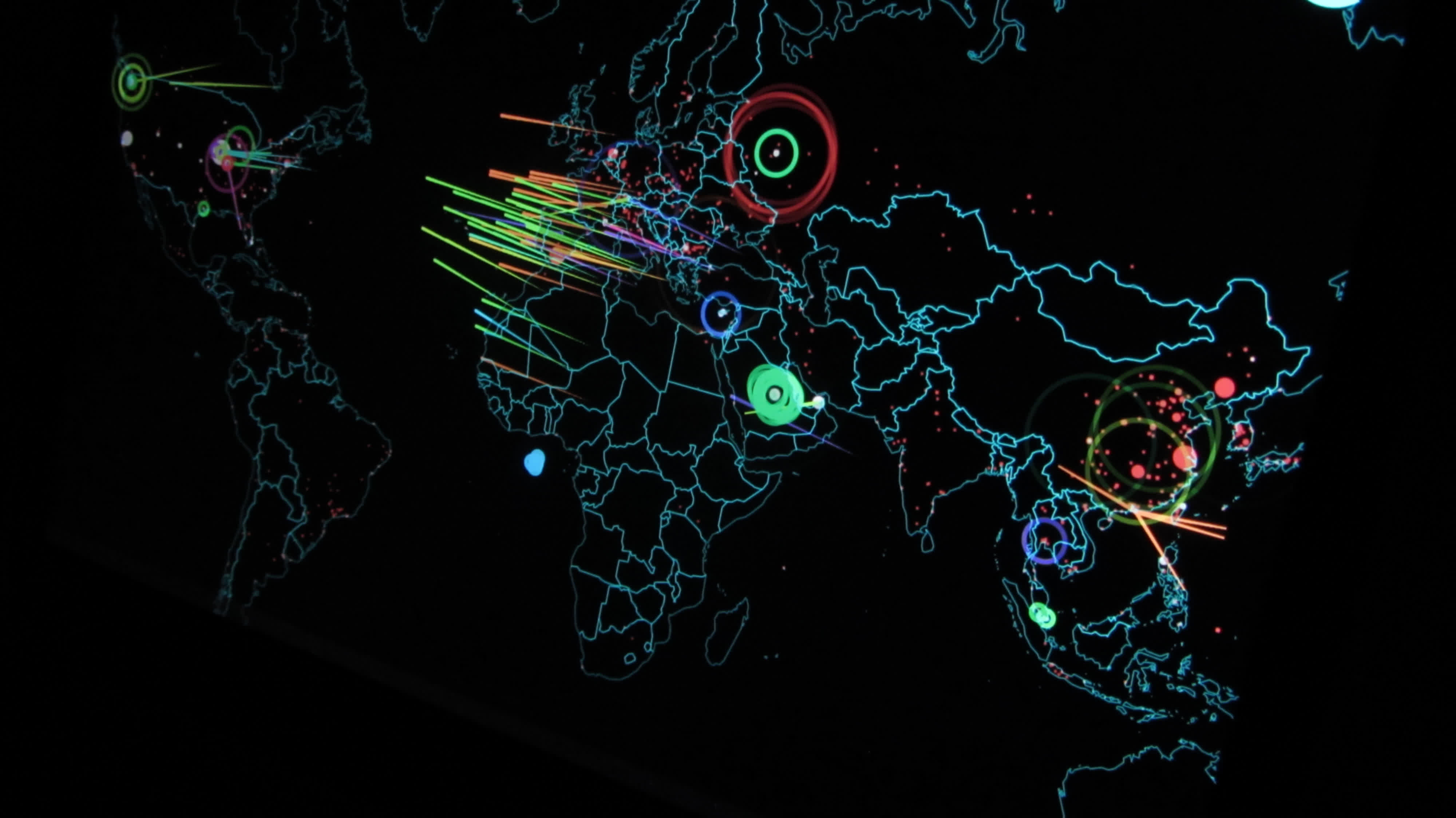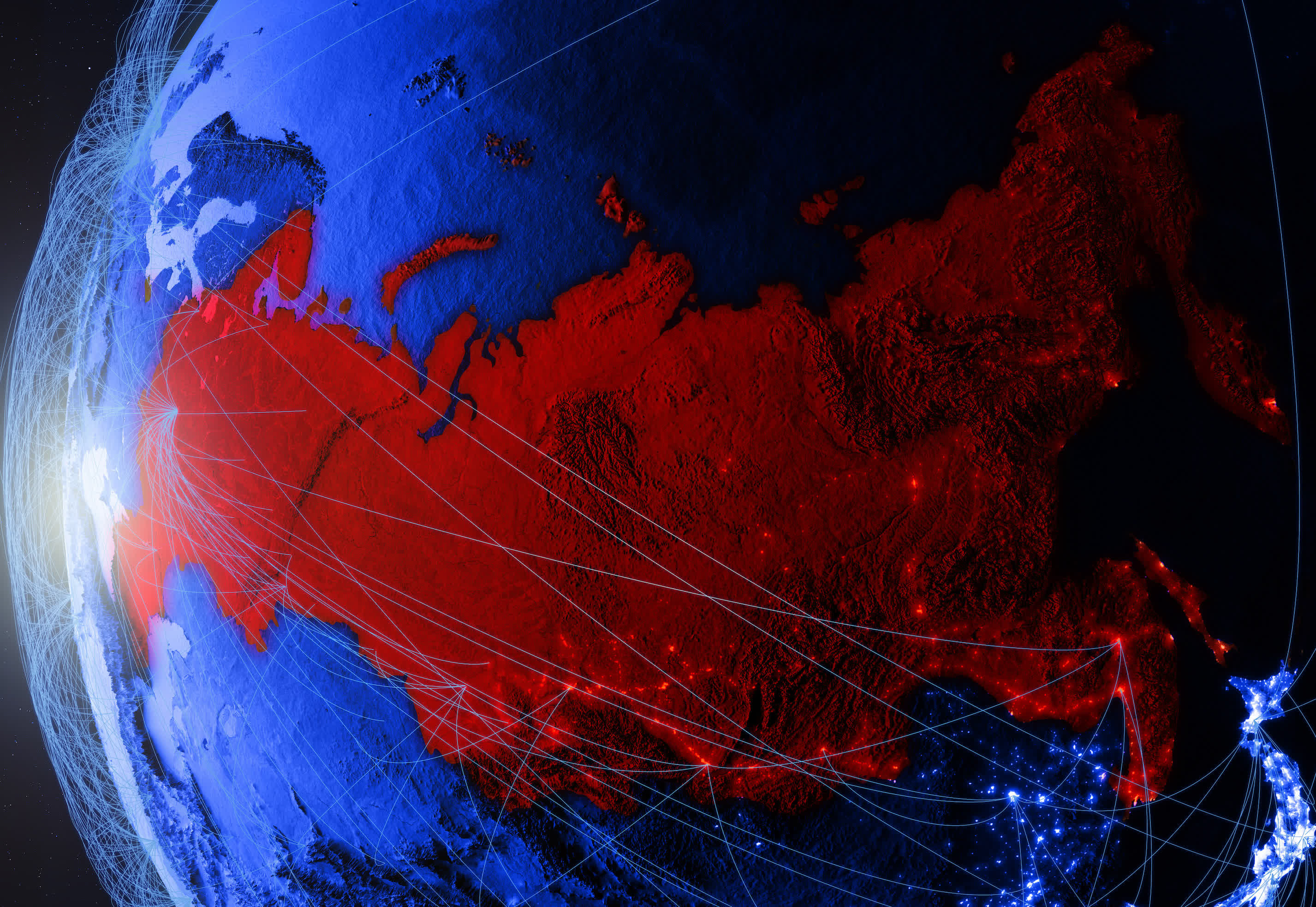In context: Over the past two weeks, Russian netizens have found themselves increasingly deprived of online services like Facebook, Twitter, global news sites, and streaming services like Netflix and Amazon Prime Video. However, that could accelerate the Russian government's plan to create a "sovereign Internet" and fundamentally change the way Russians connect to and access information from the rest of the world.
Russian communications regulator Roskomnadzor forced Google this week to remove tens of thousands of search results that link to resources used by Russians to circumvent bans placed on certain news sites and social media platforms.
Internet users in the country have been flocking to VPN services to get access to restricted sources of information, with one analysis estimating that demand for the top 10 most popular VPN apps has surged by 1,092 percent between February 24 and March 9.
A different market research firm says that downloads across Google Play and Apple's App Store for the past week totaling over 4.6 million – a 4,375 percent surge compared to the week before the start of the military conflict in Ukraine.

While the uptick in demand for VPNs isn't unexpected, Russian authorities are already taking steps to enforce the Internet blockade. They have yet to ban VPN use, but they've ordered Google to remove thousands of VPN-related URLs from its search results, and the number of requests is increasing every day.
Over the past few years, Russia has been exploring ways to build what it calls a "sovereign Internet," where authorities can block VPN traffic at the network level, censor the "internal Internet," and even cut it off from the outside world. Recently, the Russian state created its own domestic analog of a trusted TLS certificate authority to aid its efforts to intercept encrypted web traffic.
Of course, the deep level of internet traffic monitoring and filtering envisioned by Russia is a massive undertaking that won't be possible overnight. But the ongoing military conflict in Ukraine and the barrage of sanctions levied by Western governments and companies has only accelerated plans to disentangle Russia's Internet sphere from the rest of the world.

Image: Christiaan Colen
US-based Internet providers like Cogent have started cutting off Russian customers who rely on them to direct their data flows through the backbone of the Internet, presumably for fear of enabling state-sponsored cyberattacks and disinformation campaigns. Companies like Cloudflare, that try to speed up the web and defend it from various types of threats, believes shutting off all service in the country isn't the best idea if the goal is to enable Russian citizens to see past the propaganda.
Either way, it's only getting harder for online tech firms to decide how – or if – they want to manage the information flow. Leaving Russia altogether will allow its government to centralize network control and lead to further fragmentation of the Internet. That phenomenon, also known as the "Splinternet," would deprive Russian citizens of a powerful tool for sharing information, fighting misinformation, and connecting with people who have a different view of the world.
The Russian Ministry for Digital Technology, Communication and Mass Media has maintained that there are no plans to disconnect Russia from the rest of the Internet. However, its "sovereign Internet" legislation does allow the Roskomnadzor to intervene in how Russia's ecosystem of over 5,000 autonomous networks communicates with the global Internet – and that includes fully disconnecting its homegrown RuNet from it if deemed necessary.
